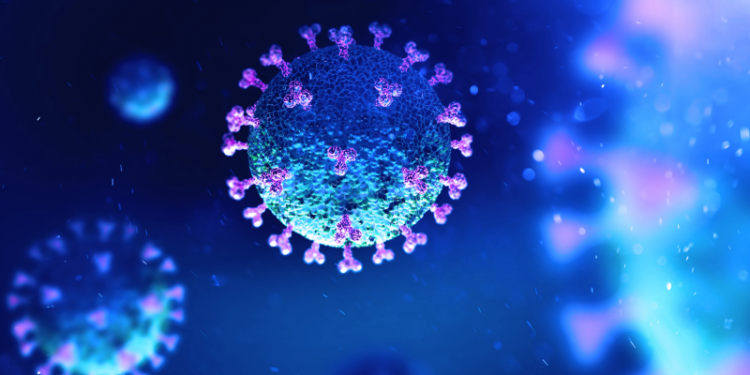New Delhi: Recent studies suggest that those recovering from COVID-19 may have antibodies for only a few months. The recent COVID-19 fact is a signal that long-term immunity is difficult to achieve. However, several scientists have a different opinion to offer. They said it is too soon to determine if such individuals can contract the disease again.
Some special cells of the immune system may still offer protection against the disease, the scientists said as questions swirl on whether people who have recovered from COVID-19 can get it again – even those whose antibodies dwindle progressively as the days and weeks pass.
It is too soon to say whether people with lowered levels of novel coronavirus-blocking antibody levels (nAbs) after recovery are at risk of contracting the COVID-19 disease on re-exposure to the virus, Vineeta Bal, an immunologist from the Indian Institute of Science, Education and Research in Pune, said.
“This pandemic is only six-seven months old, and reports of people testing positive for the virus for a second time, post-recovery, are mostly only from those who were first infected in January,” Bal said in a video interview.
Another study, published last month in the journal Nature Medicine, surveyed the levels of antibodies in COVID-19 patients, including those who did not show symptoms, and revealed that nAbs lasted only two to three months after recovery.
While reports of people testing positive for re-exposure to the virus emerge, it does not necessarily mean that those losing nAbs will develop the disease, said Bal, who was a member of the Prime Minister’s Task Force for Women in Science under the Ministry of Science and Technology.
It might take a year to get sufficient data to confirm this.
“While antibody levels, as indicated by the two studies, may decrease in recovered individuals, other immune system players may still offer longer lasting immunity. Some reports say detectable T cells which may fight off infection and prevent the COVID-19 disease on re-exposure, can offer protection,” Bal pointed out.
Commenting on the implications of the studies, immunologist Satyajit Rath from the National Institute of Immunology here said the findings are in line with how the human immune system interacts with coronavirus such as those causing the common cold.
In Rath’s opinion, just like in other coronavirus infections, the more severe the COVID-19 disease, the higher the peak antibody levels’ in patients as well as the tendency of their nAb levels to go down in weeks-to-months.
Asymptomatic infected individuals make very little nAbs to begin with, and may both recover and be protected by non-antibody-based mechanisms, Rath said in an email.
“There is also some evidence that virus-specific T cells are activated and expanded in infected people, and they too can plausibly provide accelerated recovery re-infection,” Rath said, adding a caveat that there is no direct evidence for such an actual causal relationship.
According to the immunologist, if antibodies do play a major role, the two studies could mean that long term immunity both individually, and for the population, may be difficult to achieve. Under such a scenario, he said, people may periodically keep getting re-infected and the ‘virus may keep spreading around’ until effective vaccines come into widespread use.






































